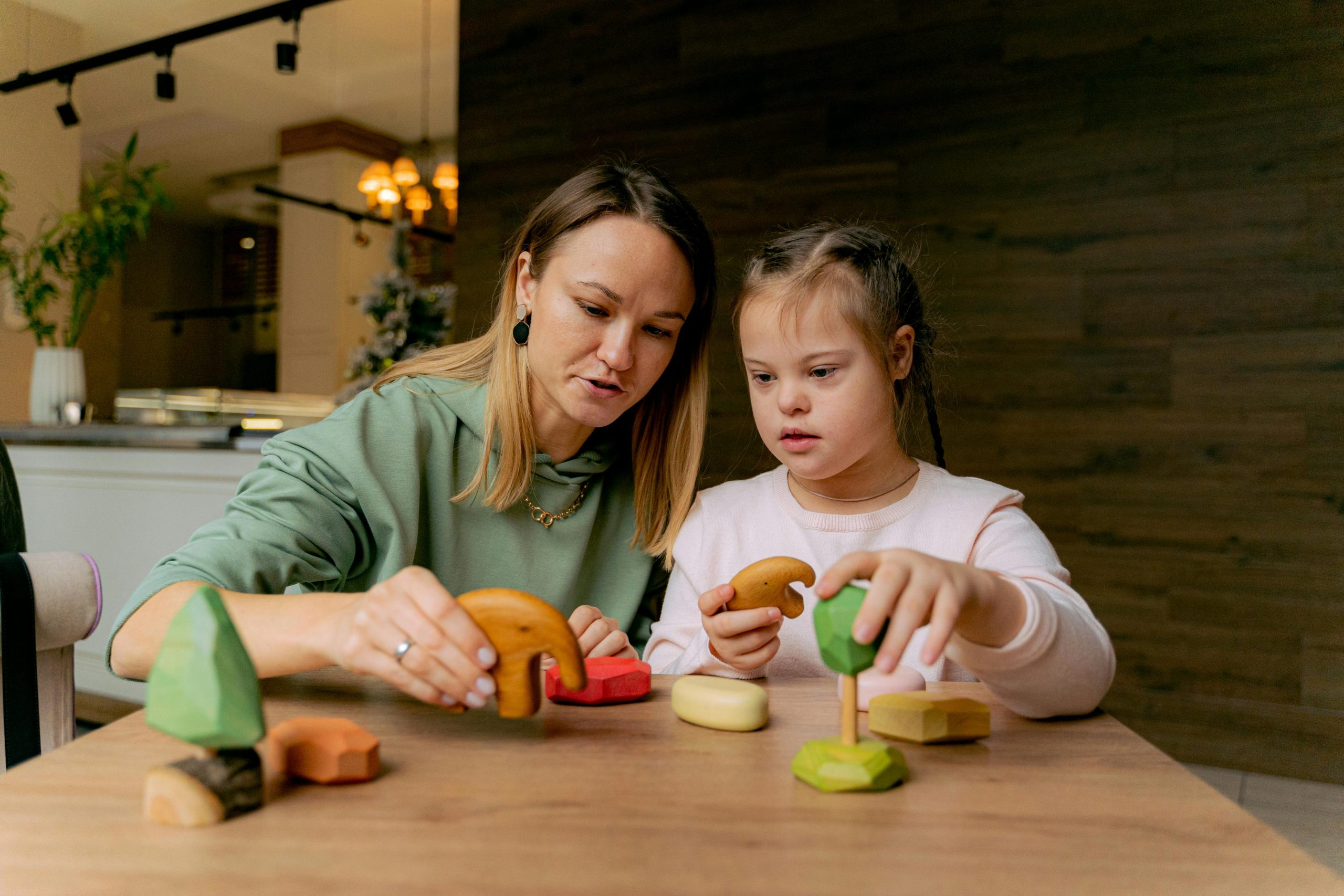Intellectual disability (ID), previously termed mental retardation, is a condition characterized by below-average intelligence and a lack of skills essential for day-to-day living. Understanding the signs and symptoms is crucial for early detection and intervention. This comprehensive guide aims to shed light on Intellectual Disability, its signs in children, causes, prevention strategies, diagnosis, available services, and practical tips for parents.
What is Intellectual Disability?
Intellectual disability encompasses limitations in intellectual functioning (IQ) and adaptive behaviors. IQ measures learning, reasoning, decision-making, and problem-solving abilities. Adaptive behaviors include essential life skills like communication and self-care. An IQ below 70 to 75 classifies a person as intellectually disabled.
Signs of Intellectual Disability in Children
Signs may manifest during infancy or become apparent in school-age children. Severity determines visibility. Common signs include:
- Delayed Milestones: Rolling over, sitting up, crawling, or walking late.
- Speech and Communication Issues: Late or problematic language development.
- Learning Challenges: Slow mastery of skills like potty training, dressing, and feeding.
- Memory Difficulties: Trouble remembering things.
- Behavioral Problems: Inability to connect actions with consequences, explosive tantrums.
- Cognitive Struggles: Difficulty with problem-solving and logical thinking.
Severe cases may involve additional health issues like seizures, mood disorders, motor skills impairment, vision or hearing problems.
Causes of Intellectual Disability
Intellectual disability arises when factors disrupt normal brain development. Common causes include:
- Genetic Conditions: Down syndrome, fragile X syndrome.
- Pregnancy Issues: Alcohol or drug use, malnutrition, infections, preeclampsia.
- Childbirth Complications: Oxygen deprivation, extreme prematurity.
- Illness or Injury: Infections, head injury, near-drowning, malnutrition, toxic exposure.
- Unknown Causes: Present in two-thirds of cases.
Prevention of Intellectual Disability
Certain causes, like fetal alcohol syndrome, are preventable. Strategies include abstaining from alcohol during pregnancy, proper prenatal care, vitamin intake, and vaccination against infectious diseases. Genetic testing is recommended in families with a history of genetic disorders.
Diagnosis of Intellectual Disability
Diagnosis involves interviews, observation, and testing. IQ tests assess intellectual functioning, while observation evaluates adaptive behaviors. Intellectual disability is confirmed when deficits exist in both areas. Early intervention and school-age children can undergo various tests, including blood tests, imaging, and EEG.
Services for People with Intellectual Disability
- Early Intervention Programs: For babies and toddlers, addressing specific needs outlined in an Individualized Family Service Plan (IFSP).
- Special Education: Mandated by the Individuals With Disabilities Education Act (IDEA), providing free education with an Individualized Education Program (IEP) tailored to the child’s needs.
Parental Support and Involvement
- Education: Learn about intellectual disabilities to advocate effectively.
- Encourage Independence: Foster your child’s independence, offering guidance and positive feedback.
- Group Activities: Engage your child in social activities for skill-building.
- Stay Involved: Maintain communication with teachers to reinforce learning at home.
- Connect with Others: Seek support from parents of intellectually disabled children.
Conclusion
Understanding and addressing intellectual disability in children requires a multifaceted approach. Brimex Medical, Inc. is dedicated to providing comprehensive support for intellectual and developmental disabilities, aiding individuals in finding their rightful place in the community. Early detection, intervention, and ongoing support empower children to overcome challenges and thrive. For parents navigating this journey, connecting with others and staying informed are powerful tools on the path to nurturing their child’s potential.




